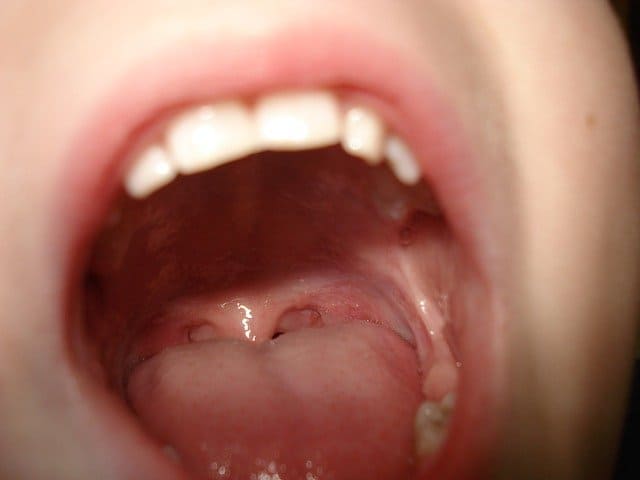You are here looking for the no BS answer to the question: Can you Drink Coffee After Wisdom Teeth Removal?
Can you drink coffee after wisdom teeth removal? There is not a complete yes or no to this question as different doctors prescribe different things. While many doctors say yes to the query, the time you can drink coffee also varies for different people.
Can You Drink Coffee After Wisdom Teeth Removal?
Don’t worry; the answer is in your favor. According to experts and doctors, you can drink coffee after your oral surgery, but it is recommended not to drink hot coffee for 48 hours after surgery. However, it totally depends on how you feel.
But why? The answer to this question lies in how our wounds heal. The treated site needs to clot after the surgery, and a hot beverage will reduce the clotting process and prevent its healing.
According to Mayo Clinic, if blood clots do not develop as they have to before your wounds heal up, it leads to dry sockets.
This causes pain, swelling, and a bad taste in the mouth. Having coffee increases the chances of a dry socket.
It’s hot coffee and beverages, but consuming beverages with a high amount of citric acid like lemon or orange can also lead to similar problems.
They agitate the treated area and can also cause irritation and infection. Please avoid taking this kind of beverage for a week after your wisdom teeth removal.
Read a similar post: Can I Eat French Fries After Wisdom Teeth Removal?
When Is It Safe To Have Coffee?
It is recommended to have coffee after your wounds heal up and the swelling disappears. The reasonable time after which you can drink coffee depends on how you feel and varies from person to person.
According to the University of Utah, the process of getting back to your favorite beverage should be slowly and gradually.
You should not have hot coffee for almost five days from the day of the surgery. After that, you can slowly start taking beverages but in small amounts.
Gradually, the swelling will disappear, and the wound will heal, and you can get back to the usual dosage of your coffee.
Ways To Enhance Healing
Having a proper diet and meal is one of the best ways to promote the process of healing. An adequate meal supplies essential nutrients to enhance the healing process.
Apart from this, there are many other ways and precautions you can switch to have smooth and fast healing. They are:
- Say no to alcohol and tobacco
- Avoid using a straw for 24 hours after surgery because suction from straws can create a dry socket.
- Rinse with lukewarm and salty water after 24 hours from surgery to avoid infection
- Apply ice cubes to reduce swelling
- Brush very gently to avoid hurting the wounds
- Take prescribed medicines.
Conclusion
Can you drink coffee after wisdom teeth removal? Yes, you can drink coffee after wisdom teeth removal, but do not consume hot coffee for 48 hours after your surgery.
Till that time, you can drink coffee after letting it cool down. Take a small dosage at first, and once the swelling goes away and you feel comfortable, you can resume your beverage habits.
Frequently Asked Questions
What Can We Drink After Wisdom Teeth Removal?
Apart from normal water, you can drink apple and other juices but do not drink fluids having a high amount of citric acid as it will prevent clotting and reduce the healing process. You can also have smoothies with fewer seeds and milk (both normal or flavored).
How Much Time Does It Take For Wounds To Heal After Wisdom Teeth Removal?
Usually, it takes almost two weeks for wounds to heal up after wisdom teeth removal surgery completely. However, it can vary from person to person. Proper care and medicines could enhance the process of healing. Having a proper diet also increases the process and reduces the time of getting wounds fully healed up.
How To Reduce Pain After Surgery?
Having proper medicines and care could reduce the pain after surgery. You can take pain relief tablets like Hydrocodone or Tylenol but only after consulting your dentist or doctor.

